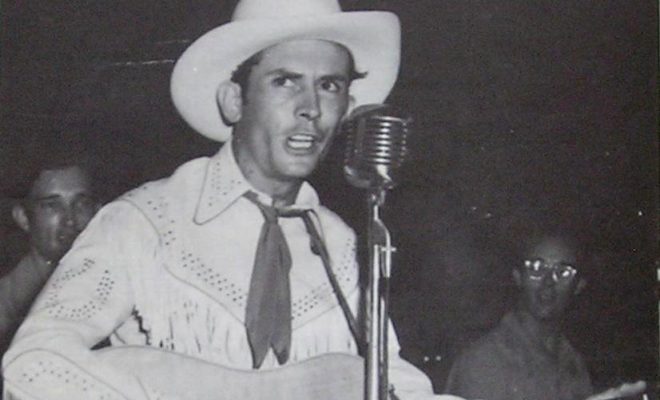When is a town not a town? In Texas, one reason could be because it’s a census-designated place! Usually too small for township, records are kept of these communities for statistical purposes. One example is found in Bexar County, southwest of San Antonio. Macdona had a population of 622 as of July 2018 and first appeared on the Republic of Texas maps in 1837. Then-President Anson Jones had begun parceling out roughly 14,000 acres of land along the Medina River.
History
Macdona, Texas: A Town That’s Not Quite a Town, At Least Officially

Photo: Facebook/Elda Perales
George Macdona of Cheshire, England, ended up with a portion. He sold his parcel to John Macdona of Paris, France, in 1875, so there is some uncertainty as to whom the town is named after, since the name did not become official until 1882. Encompassing a land area of 1.55 square miles, Macona’s first recorded sale of town lots is dated July 7, 1886, which is the same year the post office opened. Aided by the railroads nearby, by 1900, Macdona had a depot, a general store, a hotel, a restaurant, a cotton gin, and three saloons. Nine years later, Artesian Belt Railroad opened a 42-mile line between Macdona and Christine. Although this line was abandoned in 1920, the area had become known as a popular weekend trip and family outing destination.

Photo: Facebook/Ellen Jonas Loessberg to Texas Cafe, Drive-In, and Restaurant History
An additional highlight of Macdona’s past is its place in history as one of the last places Hank Williams Sr. played before his death. Just sixteen days before, he and his bandmates had made the rounds between Macdona Hall, built in 1908, and Hermann Sons Hall Grand Lodge in San Antonio. Other greats who played at this venue before its demise by fire in 1986 include Bob Wills and Lefty Frizzell. According to “Dance Halls and Last Calls” by Geronimo Treviño, Lefty got inspiration for his famous hit “Always Late” at Macdona Hall, after he showed up for a show late as usual and someone scribbled in lipstick on his new Cadillac ‘always late.’ There’s always a story in small town (or census-designated) Texas!


